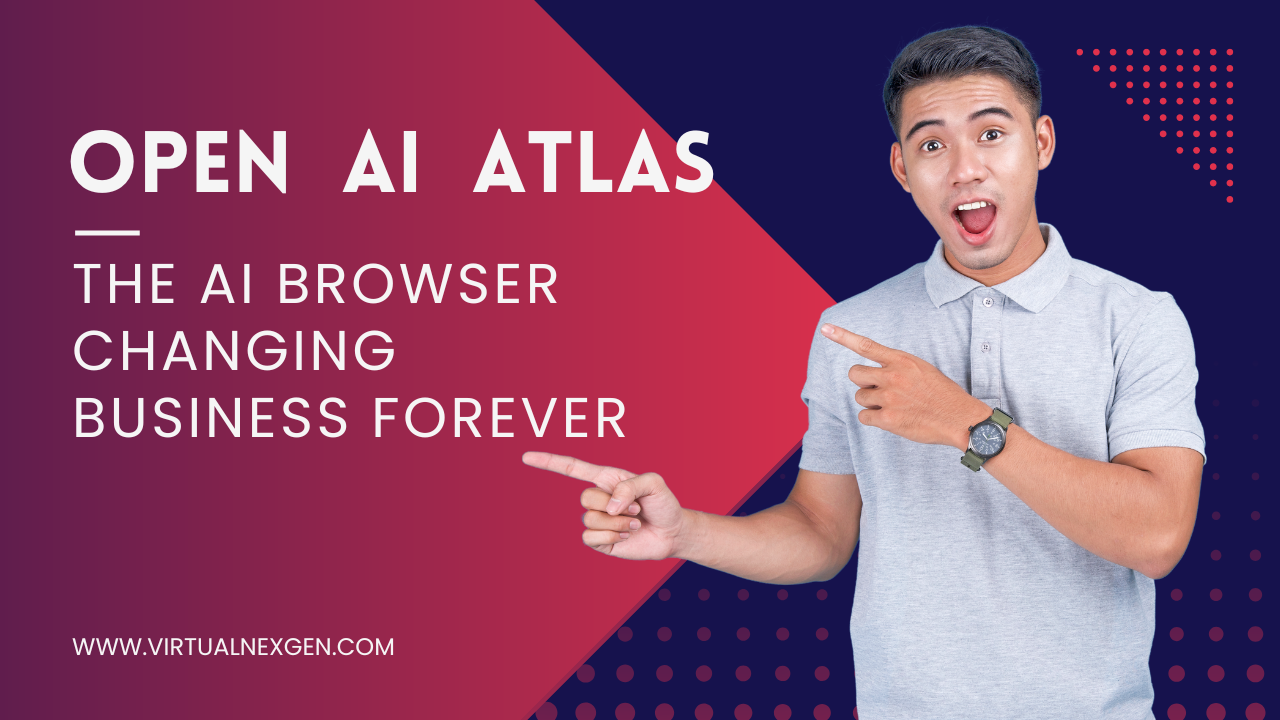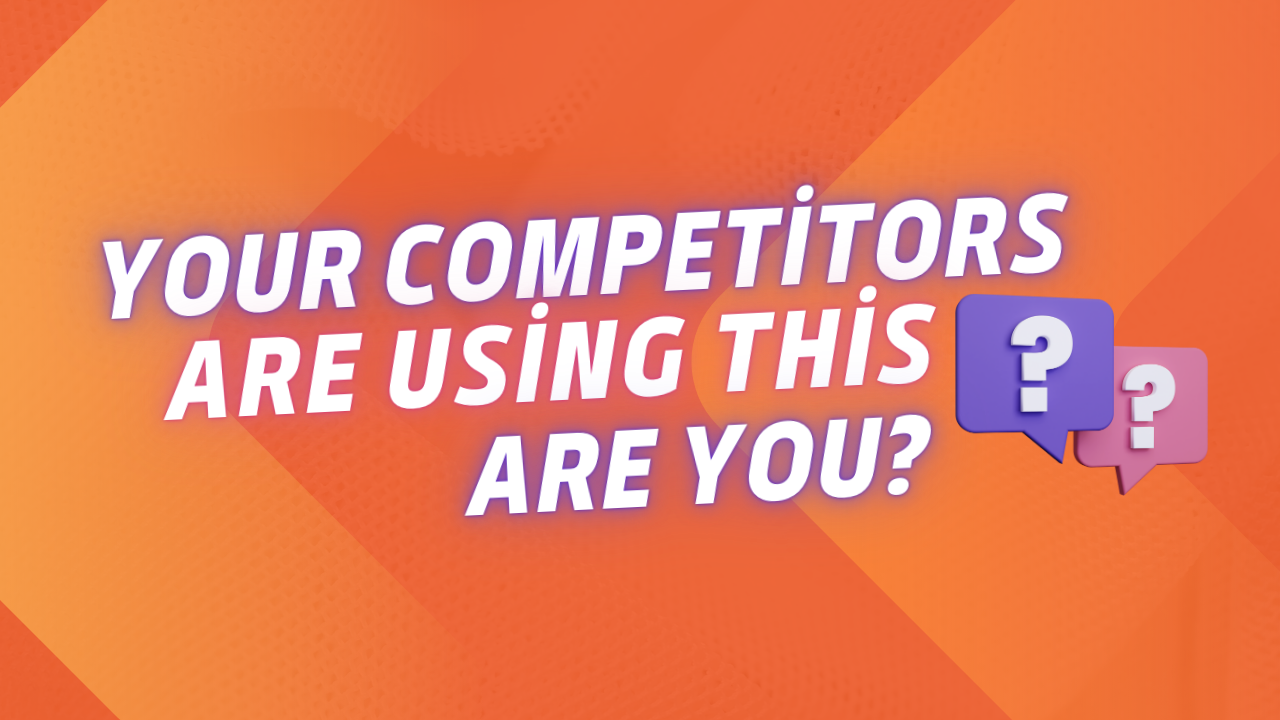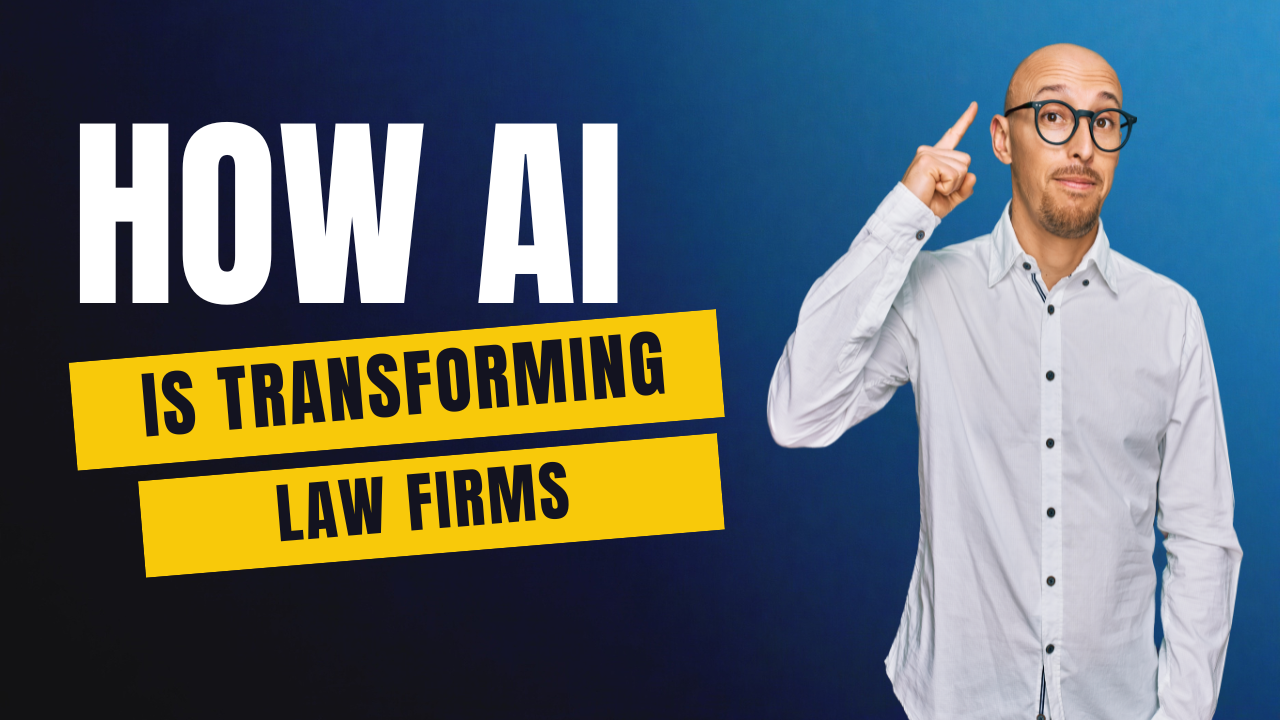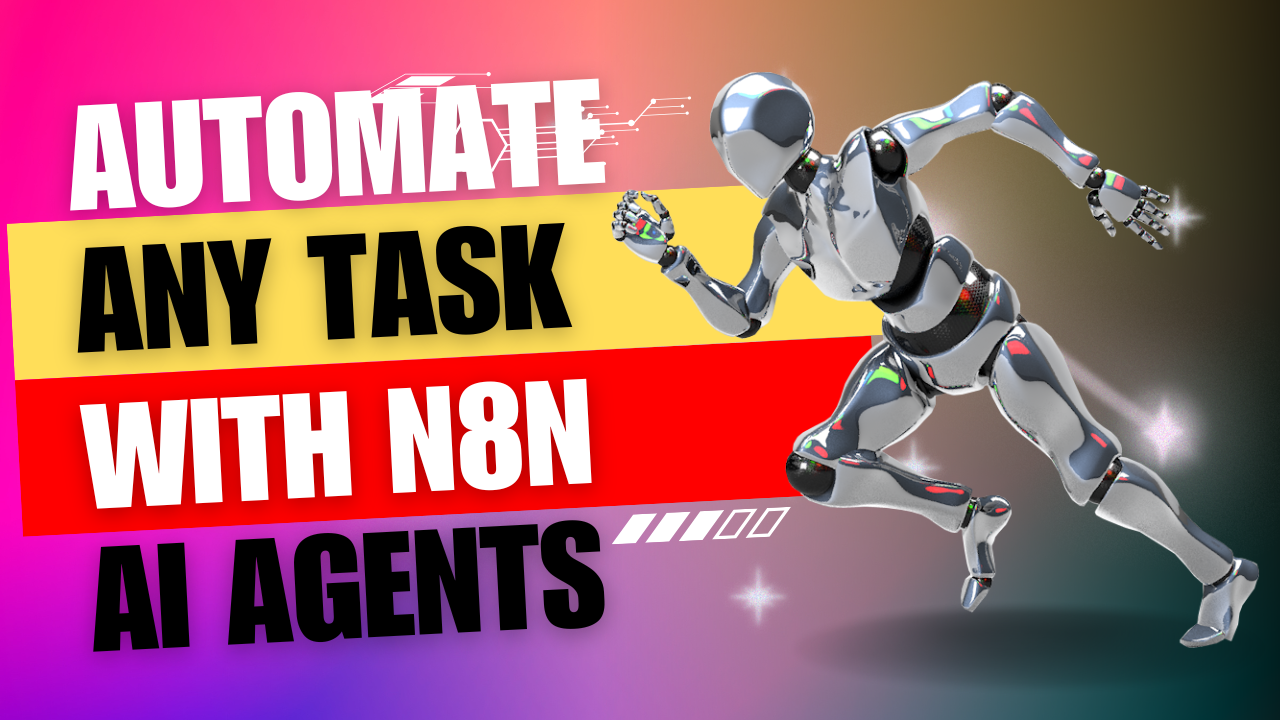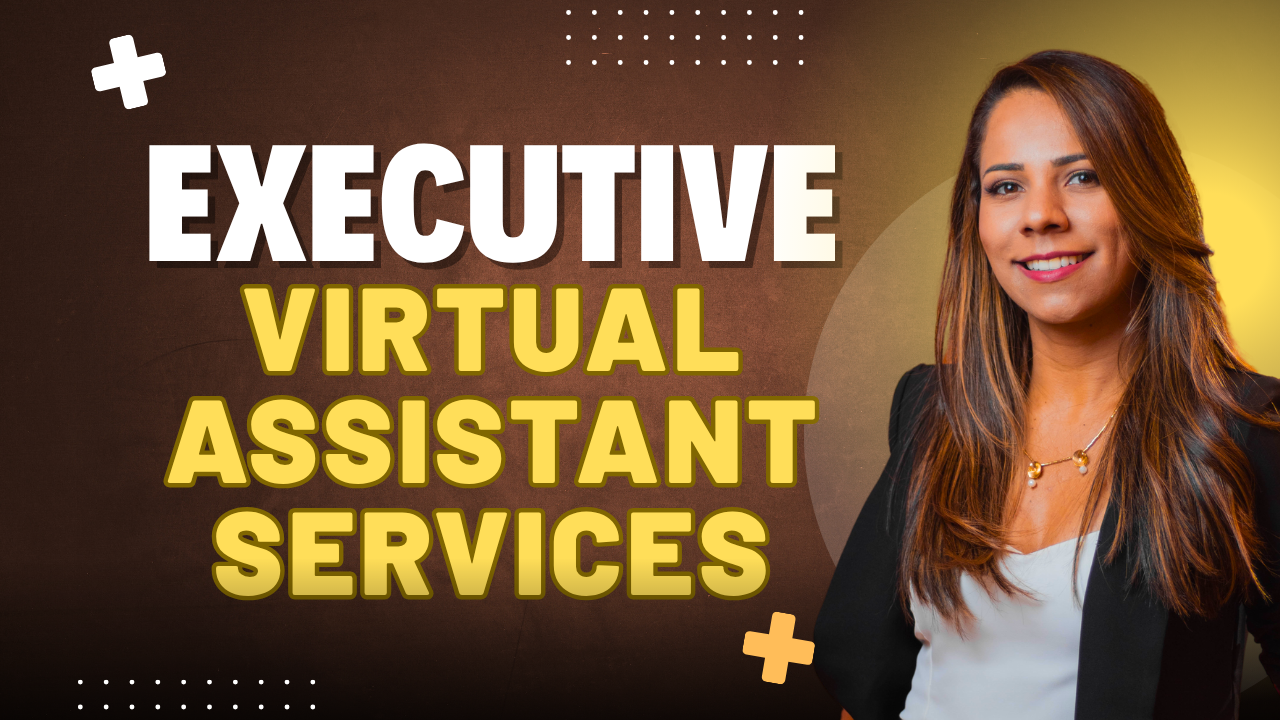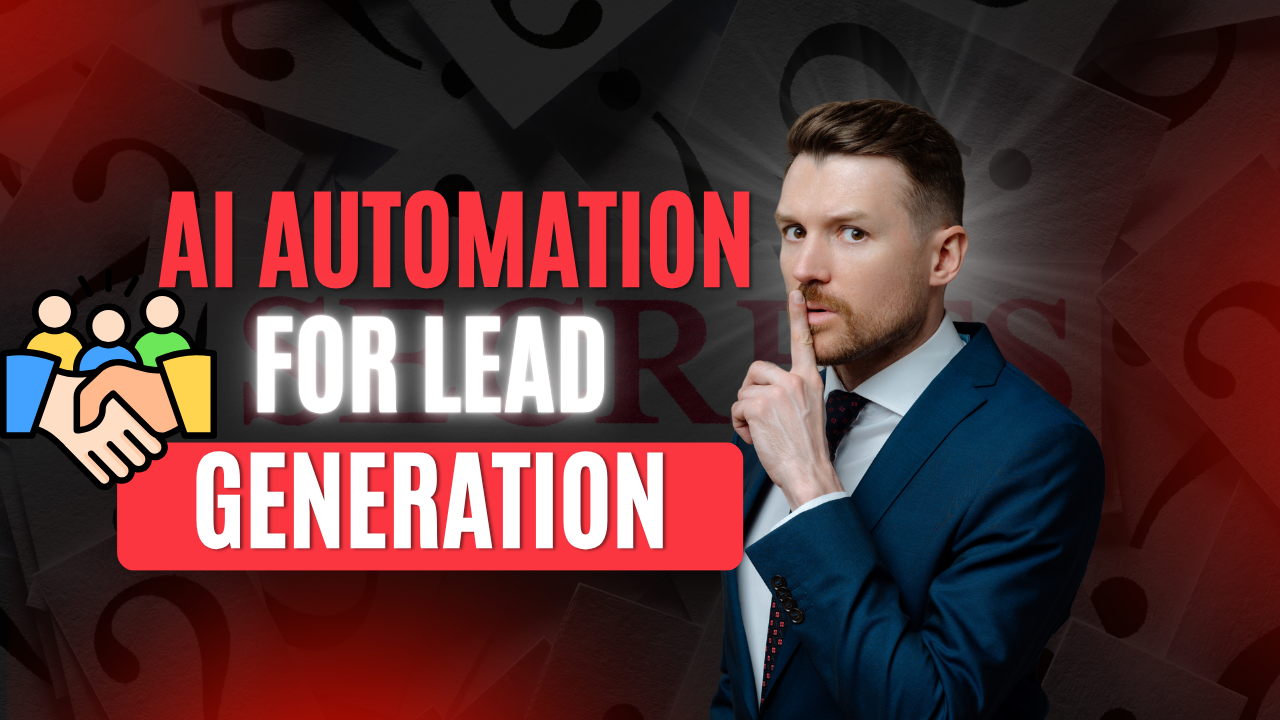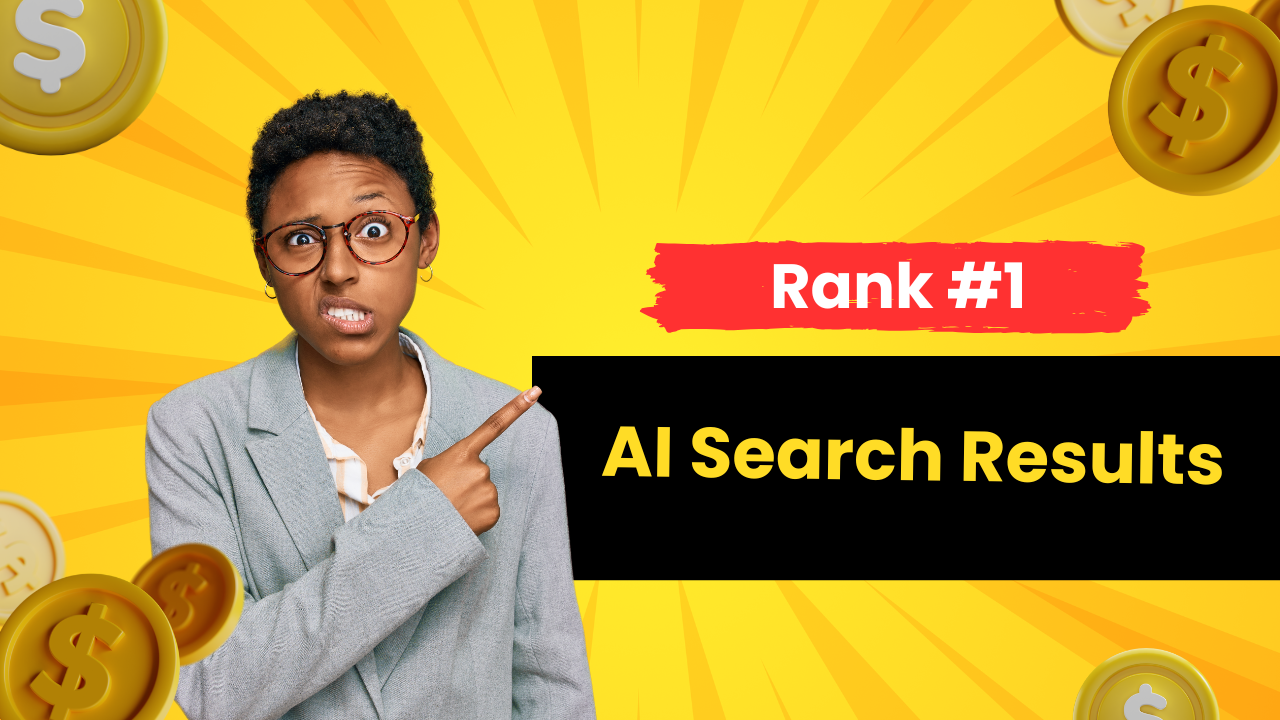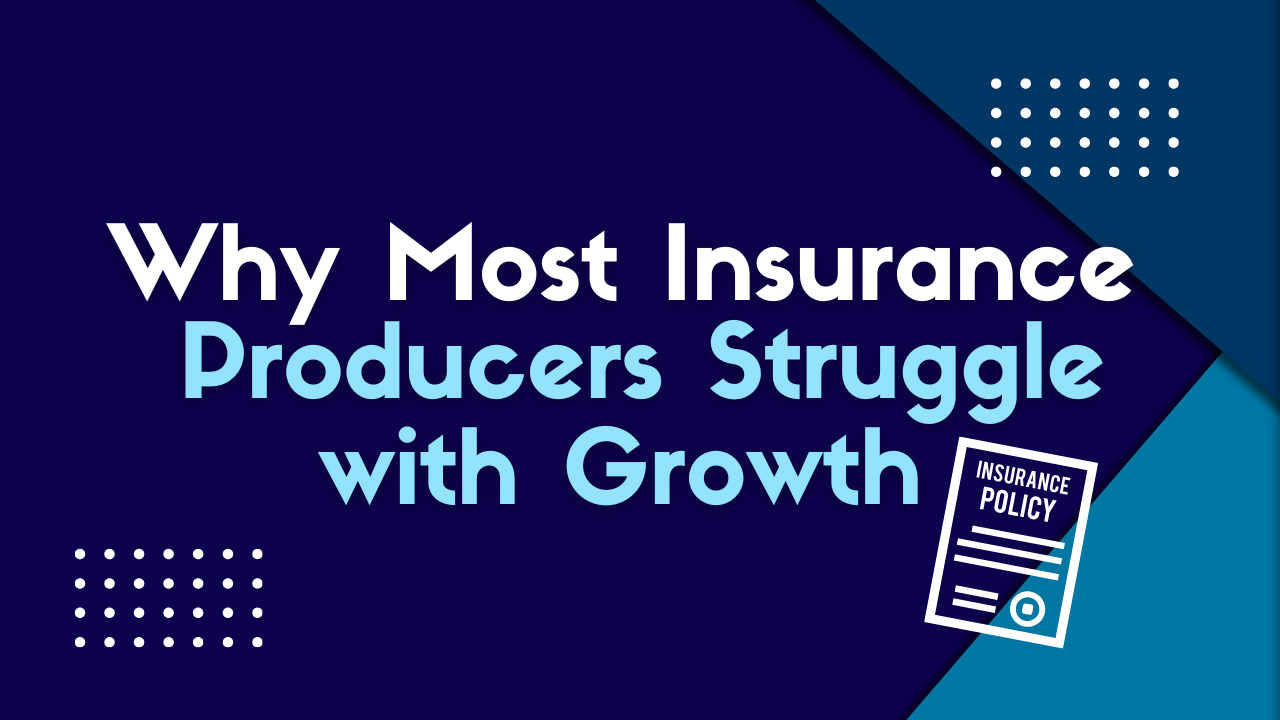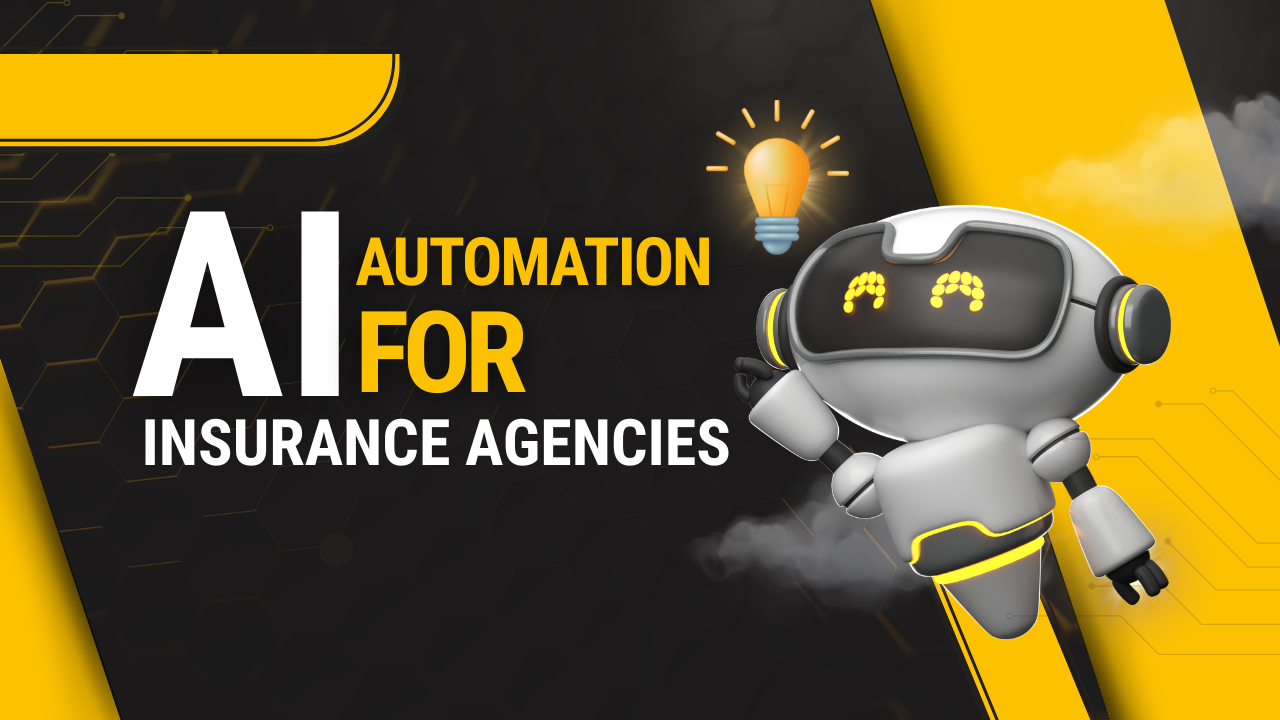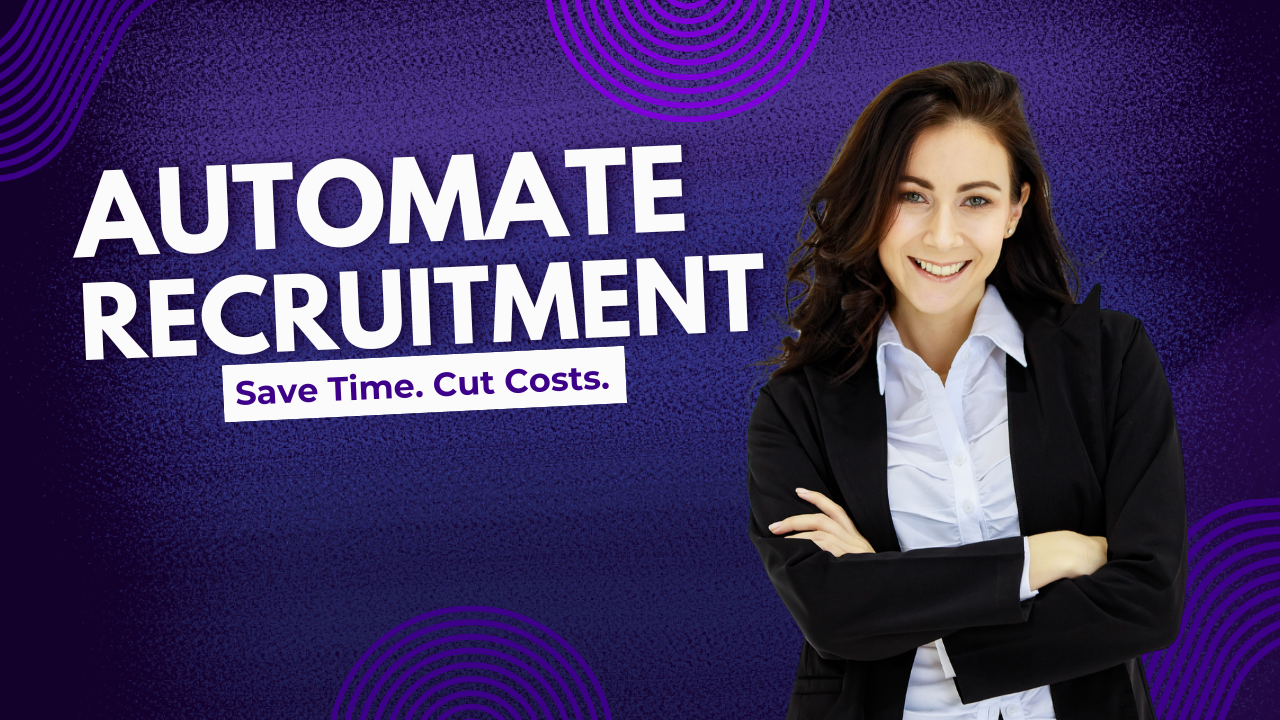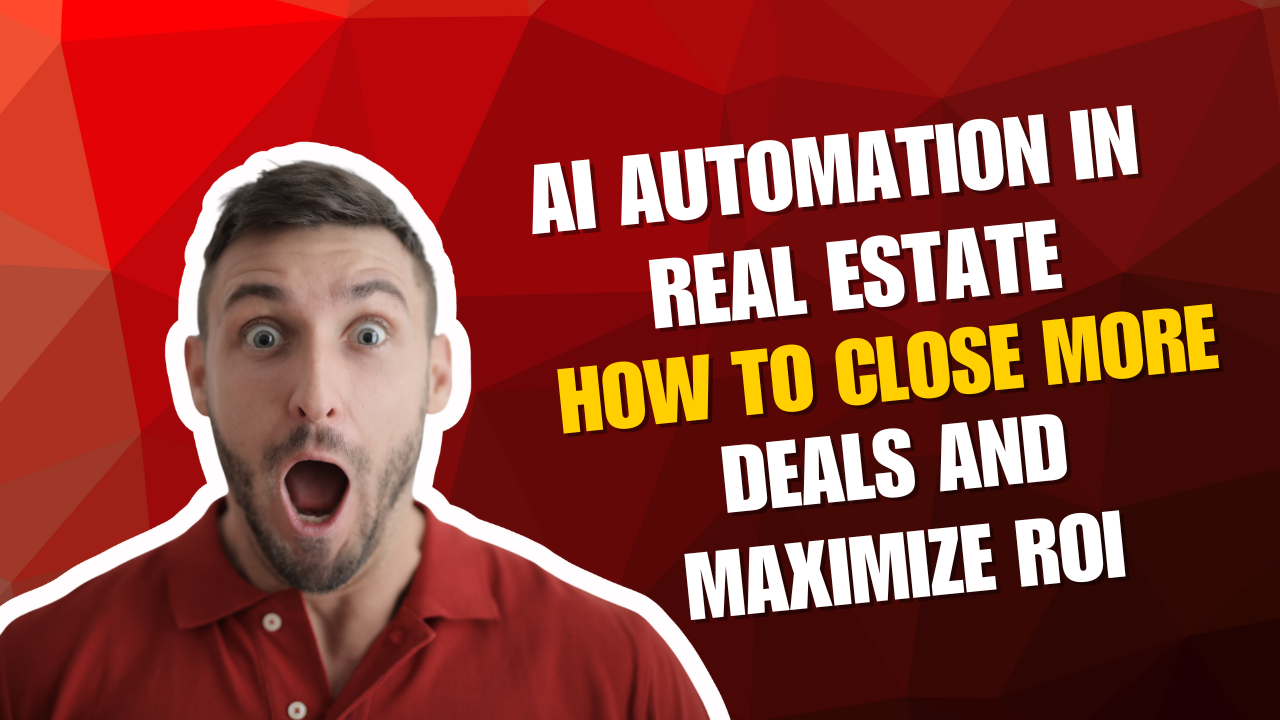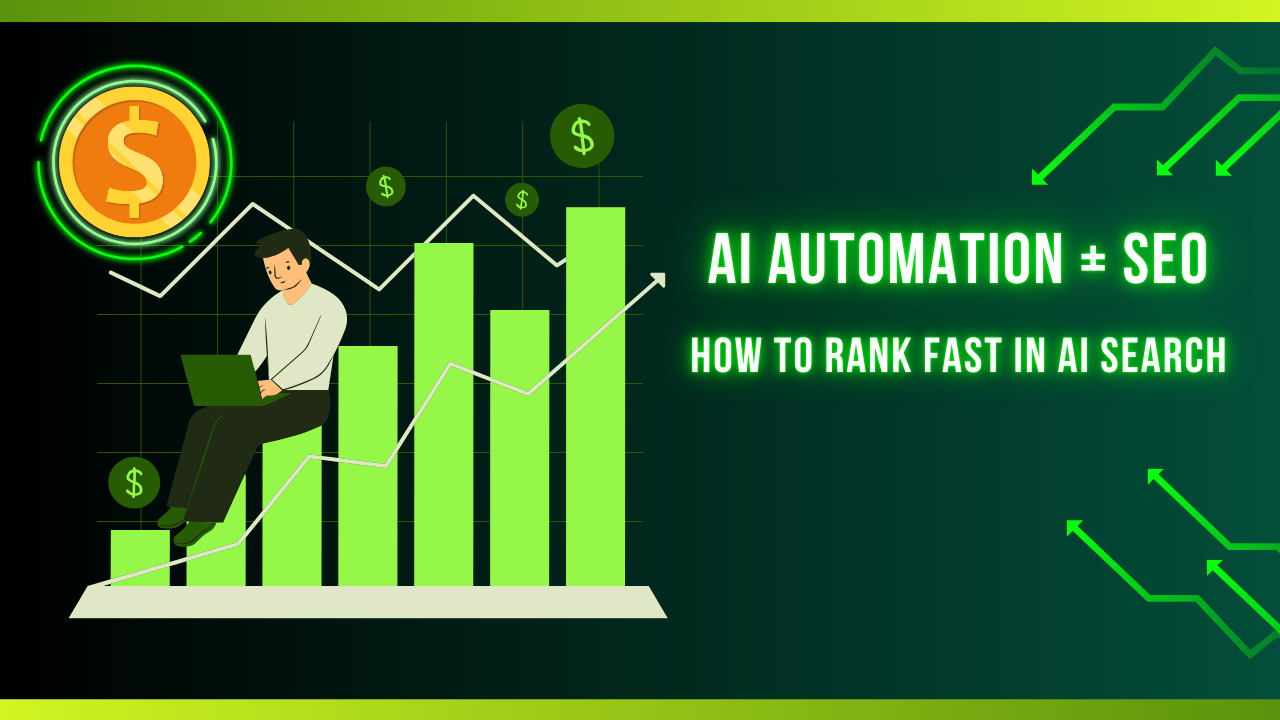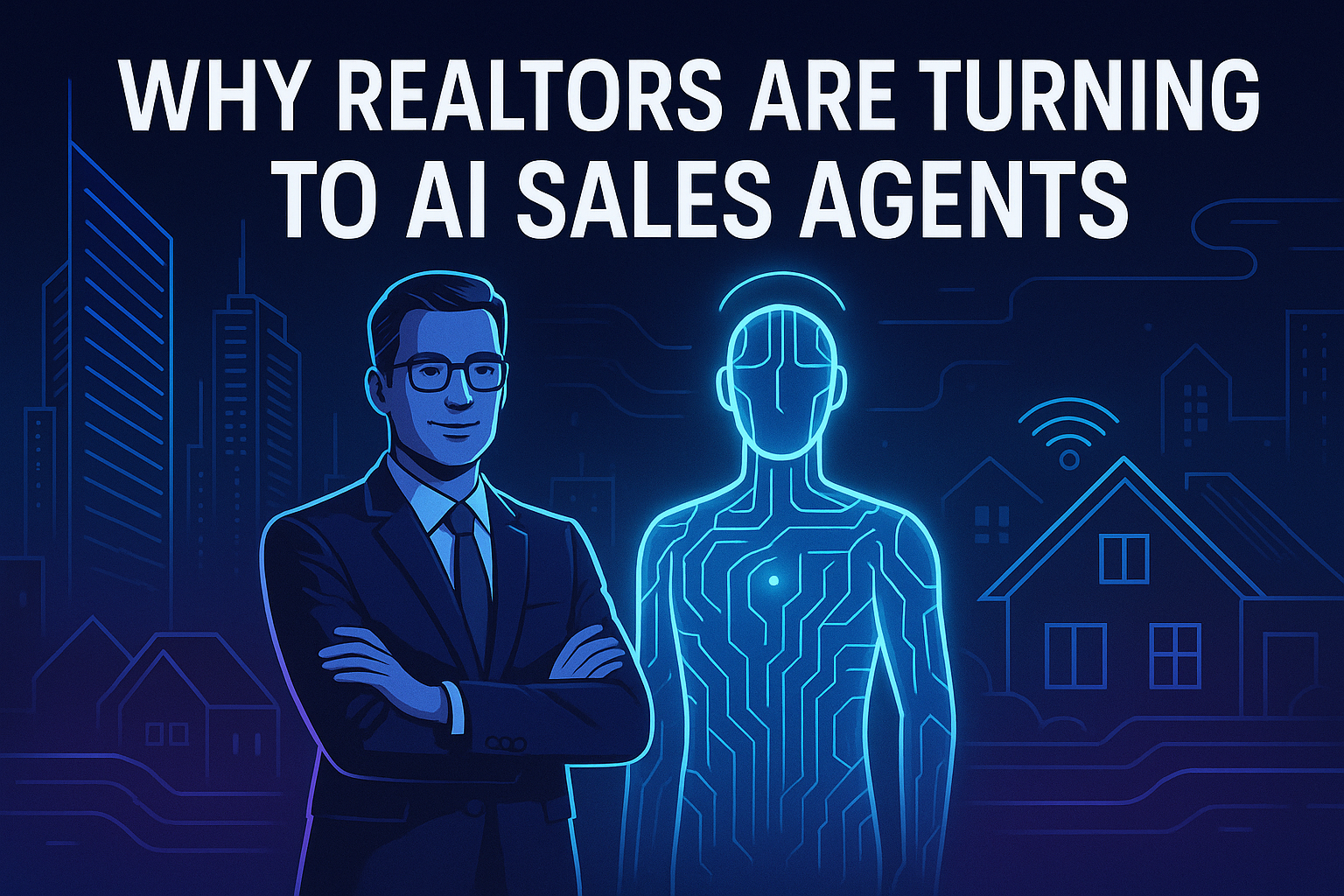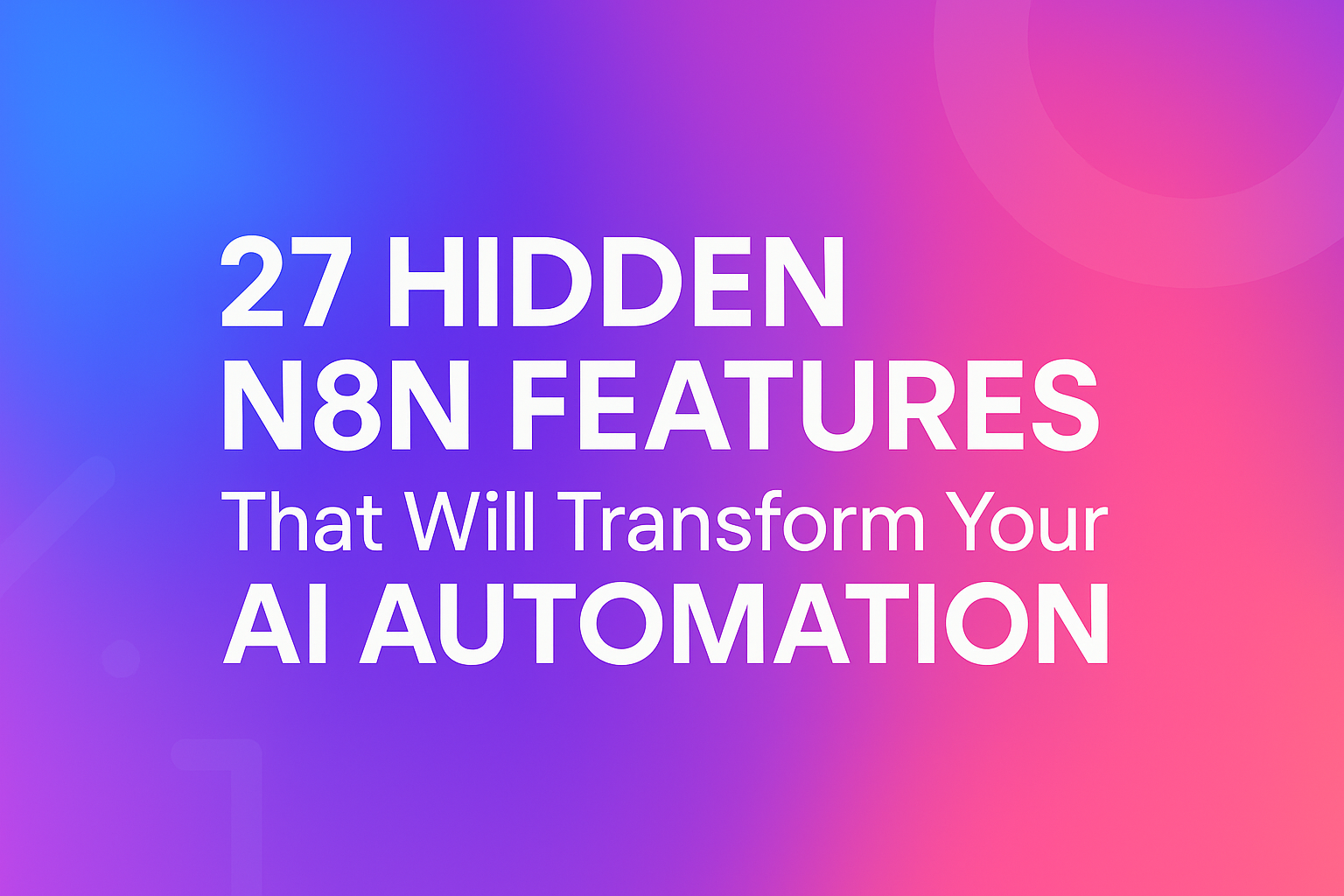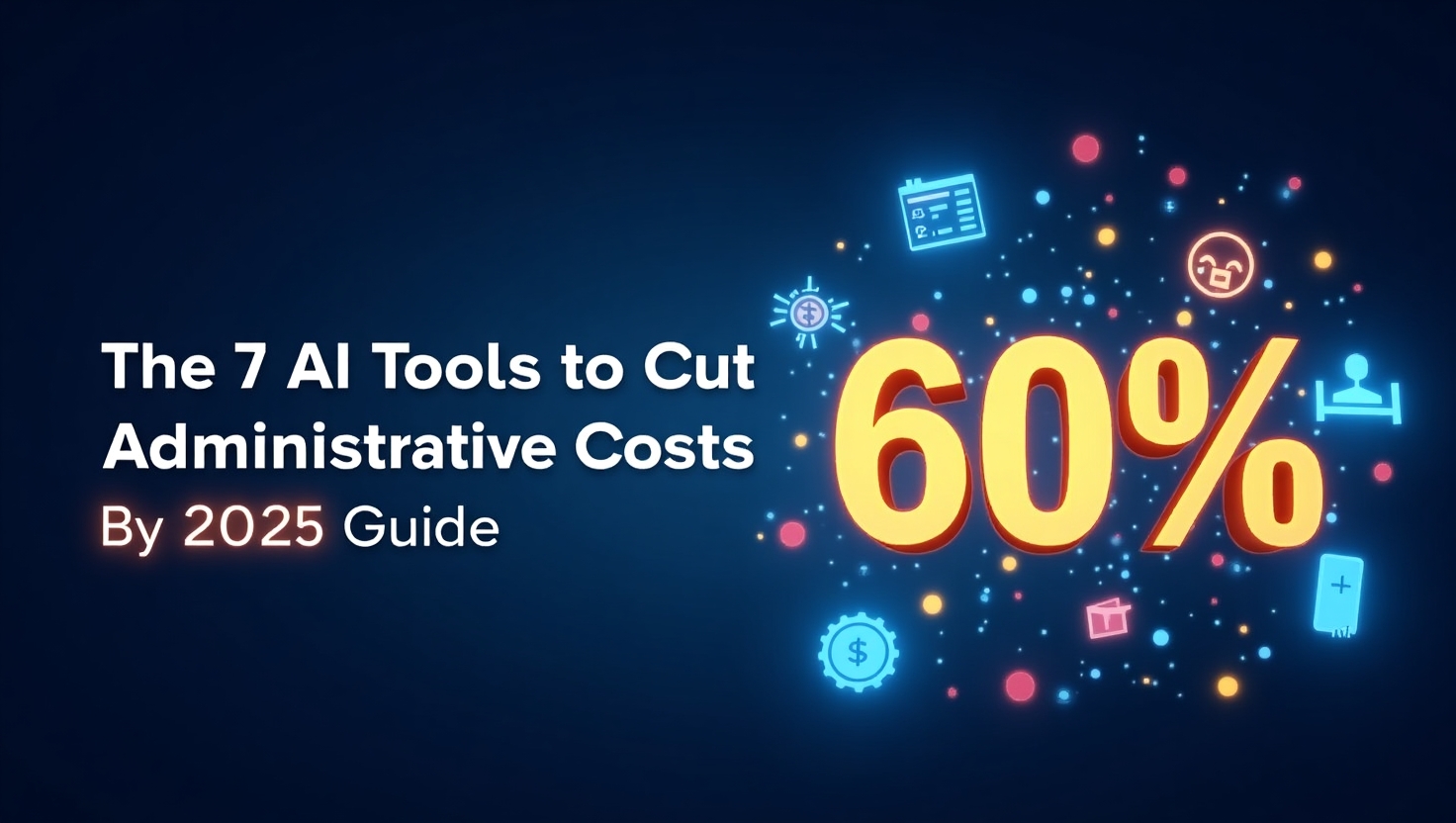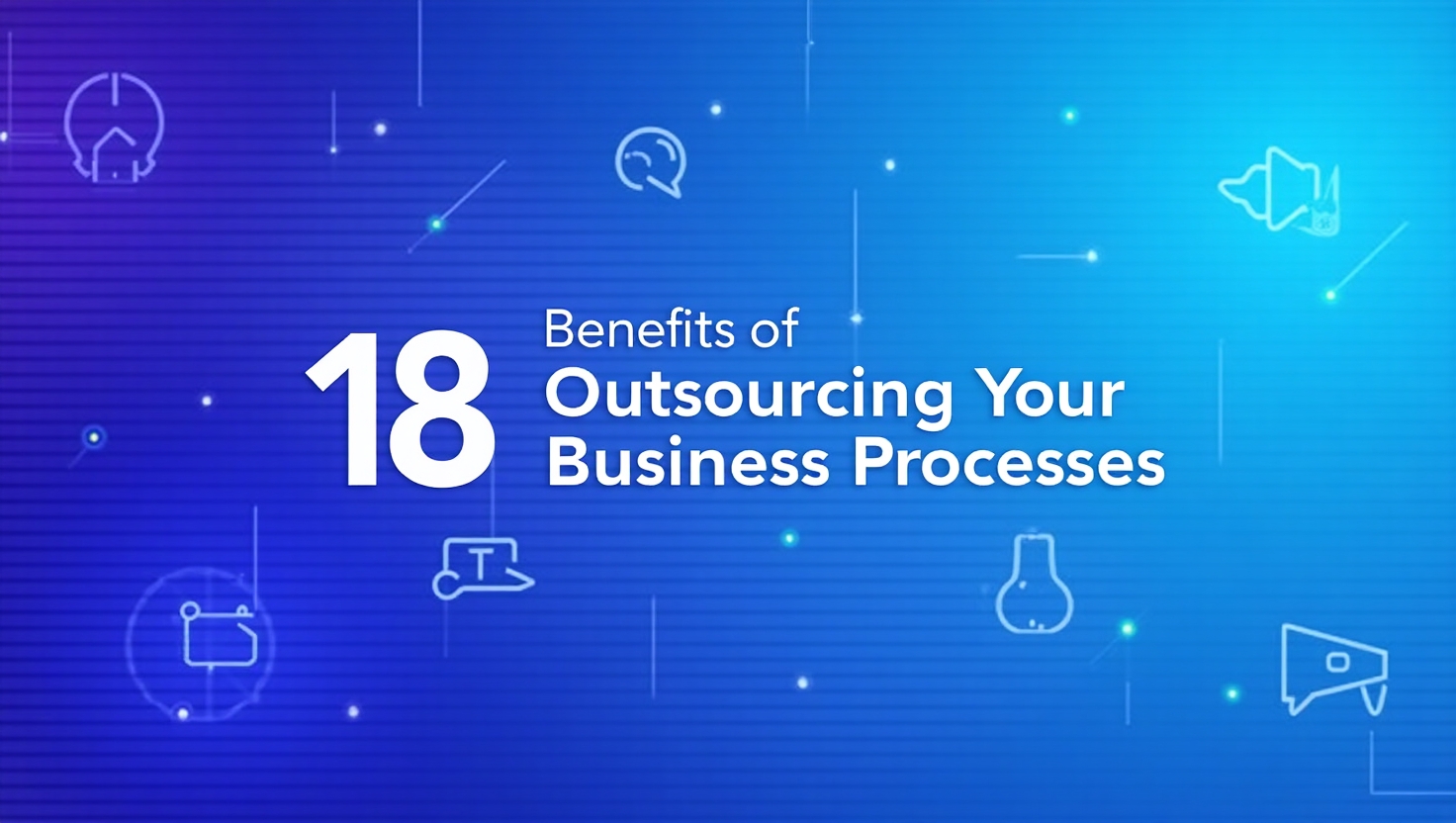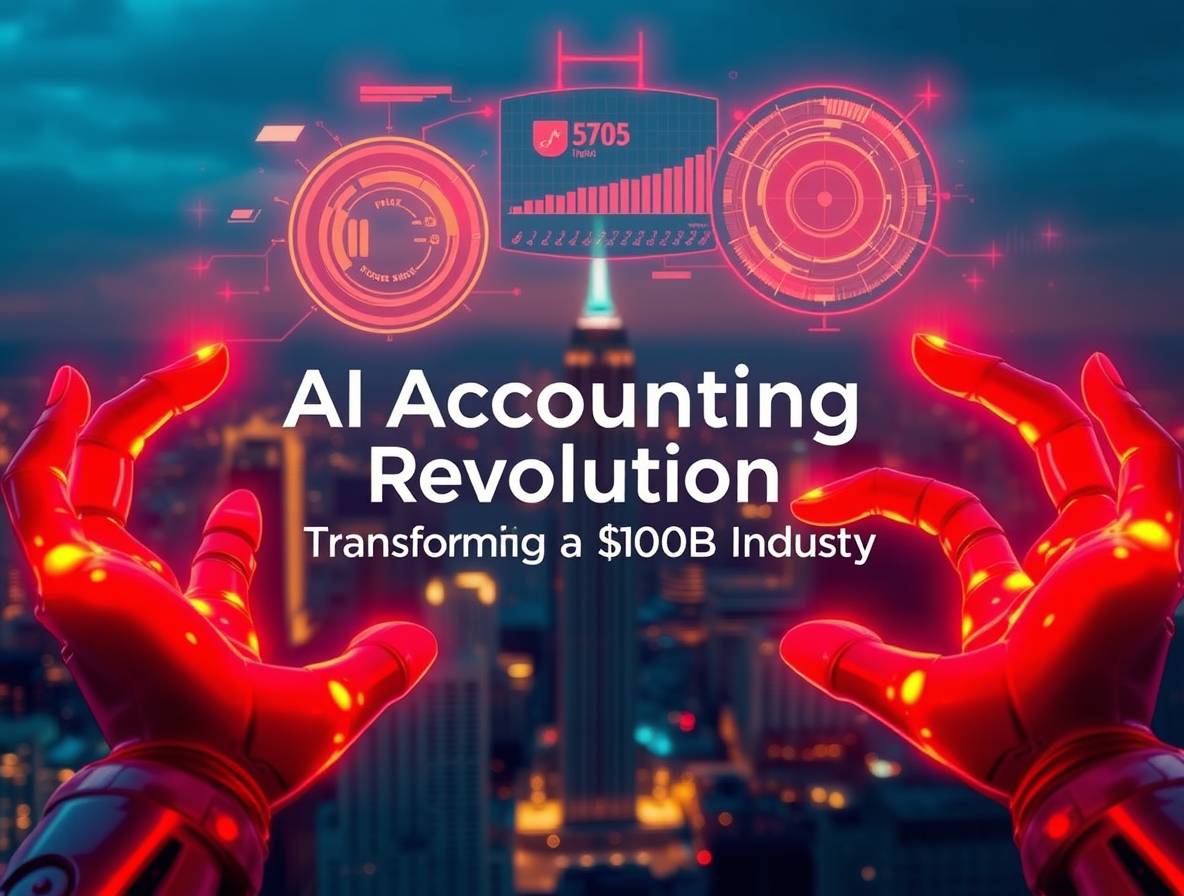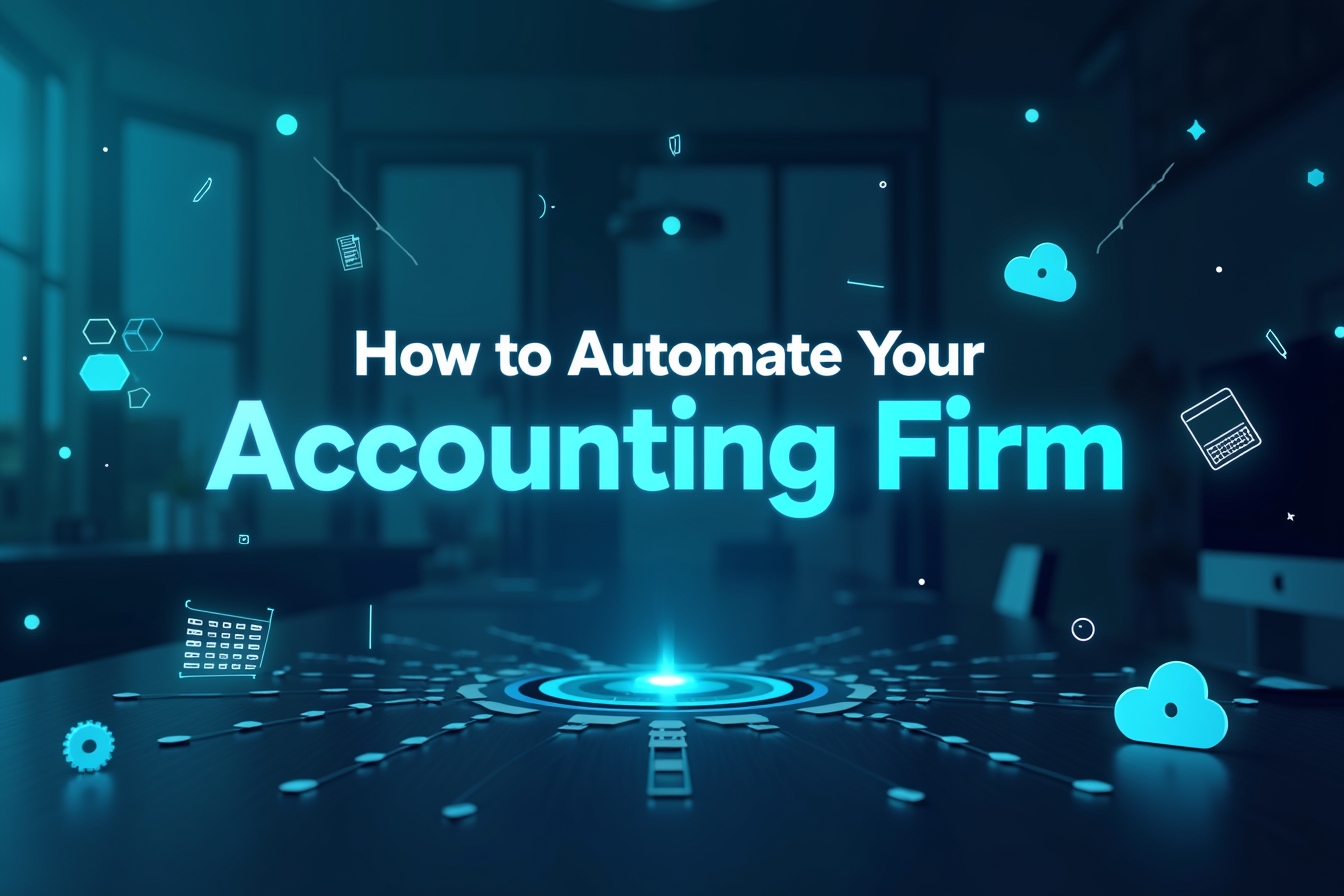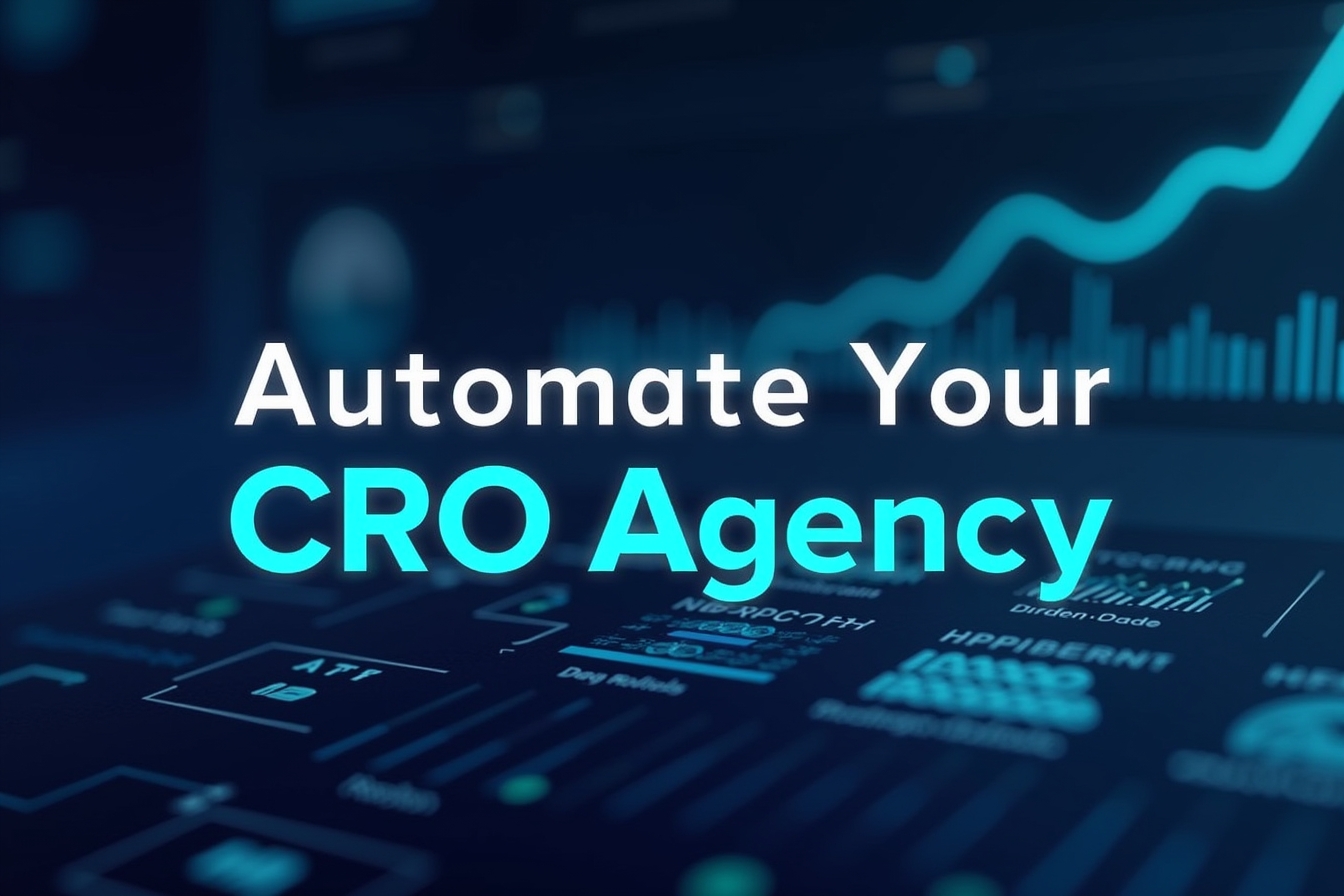Artificial Intelligence is no longer a futuristic concept — it’s the foundation of the modern business ecosystem. With OpenAI’s Atlas, enterprises are entering a new phase of intelligent automation, data-driven decisions, and cross-departmental efficiency.
Atlas isn’t just another AI tool; it’s a complete AI platform that integrates workflows, enhances productivity, and transforms how businesses operate. For companies looking to stay ahead of the curve, early adoption of AI infrastructure like Atlas is not an option — it’s a necessity.
What Is OpenAI Atlas?
OpenAI Atlas is an enterprise-grade AI operating system designed to bring automation, insight, and intelligence across your organization.
Think of it as a command center for business efficiency — connecting your data, operations, and teams through AI-driven systems.
Key functions include:
- Integrating with tools like Slack, Notion, CRM platforms, and cloud data systems.
- Automating repetitive workflows with intelligent decision logic.
- Generating reports, summaries, and insights from massive data sets instantly.
- Providing company-wide AI assistance for strategy, communication, and analytics.
In short, Atlas acts as your digital operations brain, turning scattered data and tasks into streamlined business intelligence.
How OpenAI Atlas Is Transforming Modern Businesses
Businesses adopting OpenAI Atlas are experiencing a shift from manual management to intelligent automation.Here’s how it’s transforming key areas of business operations:
1. Data and Reporting
Traditional reporting requires hours of spreadsheet work and manual input.With Atlas, AI automatically gathers and structures your data into real-time dashboards and visual reports, allowing leadership to make decisions backed by live insights.
2. Customer Communication
AI now drafts and optimizes client responses, saving time while maintaining a consistent tone.Atlas integrates across email, CRM, and chat systems — enabling faster, smarter, and more personalized customer engagement.
3. Workflow Optimization
Instead of managing disconnected tools, Atlas unifies all systems under a single AI-driven layer.This integration boosts collaboration, minimizes errors, and reduces operational friction by up to 70%.
4. Strategic Decision-Making
By leveraging historical data, Atlas helps teams forecast outcomes, detect inefficiencies, and recommend next actions.It’s like having a real-time strategy analyst built into your tech stack.
The Competitive Advantage: Why Early AI Adoption Matters
Companies that implement AI systems like OpenAI Atlas early gain a measurable edge in productivity, decision-making, and market agility.
Here’s what sets them apart:
- Research:
AI eliminates manual data gathering — delivering instant summaries, patterns, and insights for faster strategy alignment. - Reporting:
Replace spreadsheets with automated visual reports, enabling quicker and more accurate decisions. - Communication:
Move from reactive responses to AI-drafted proactive communication, improving speed and consistency across teams. - Workflow Integration:
Atlas creates a unified AI ecosystem, ensuring every department operates seamlessly under one intelligent system. - Productivity:
Businesses leveraging AI are achieving efficiency rates as high as 90–95%, compared to traditional 60–70% workflows.
This transformation isn’t just about convenience — it’s about business survival in an AI-first world.
Industries Poised to Benefit the Most
While every business can gain from AI integration, these industries are seeing the fastest impact from OpenAI Atlas:
- Finance & Accounting: Automating reconciliations, reports, and audits.
- Legal Services: AI-powered document review, case analysis, and compliance tracking.
- Healthcare: Streamlined patient data management and AI-driven diagnostics.
- Real Estate: Automated lead follow-up, document prep, and client communications.
- Marketing & E-Commerce: Predictive analytics, content generation, and customer insights.
AI is democratizing efficiency — making enterprise-level intelligence accessible to businesses of all sizes.
The Future of Business with AI Ecosystems
By 2026, companies that fail to adopt integrated AI systems risk falling behind by years in productivity and innovation.
OpenAI Atlas isn’t just automating work — it’s redefining how organizations think, plan, and grow.
As businesses move toward an AI-first operational model, success will depend on how effectively they combine human intelligence with machine precision.
Conclusion: Embrace AI Before It Becomes a Requirement
The rise of OpenAI Atlas represents a major shift — from data chaos to data clarity, from manual management to intelligent automation.Businesses that act now will not only streamline operations but will build future-ready infrastructures capable of scaling effortlessly in the AI era.
The future belongs to those who don’t wait to adapt — but lead the transformation.


